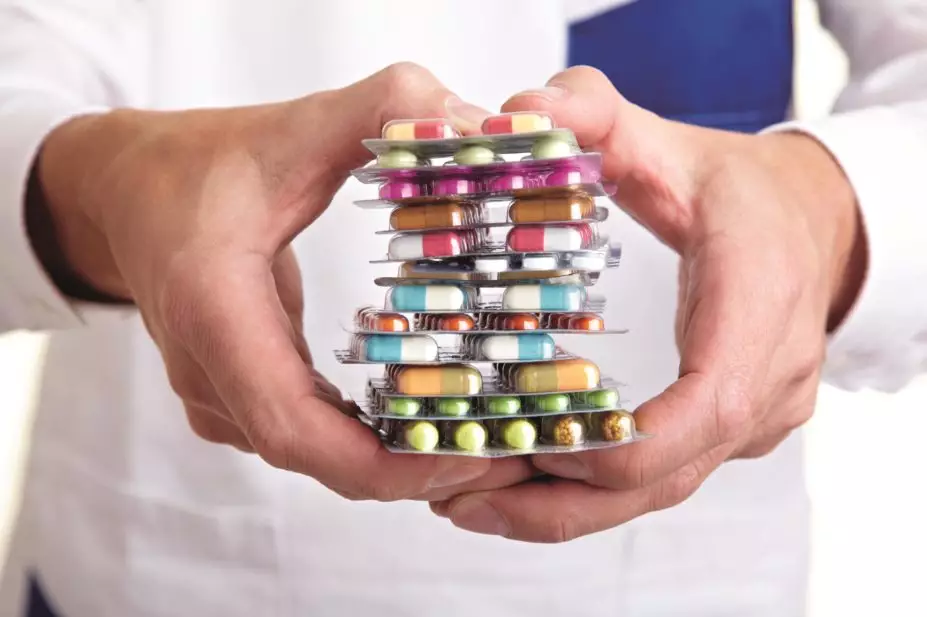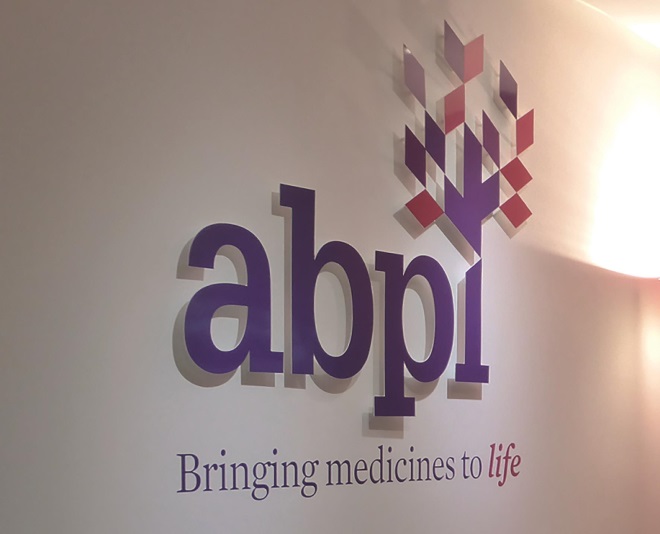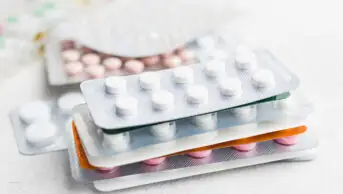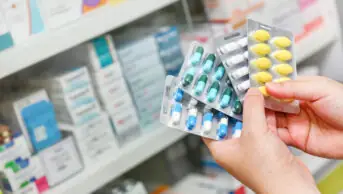
Shutterstock.com
The UK’s self-regulatory system for detecting and sanctioning pharmaceutical companies which break marketing regulations by promoting drugs off-label may be inadequate and should be reformed, according to research published in PLOS Medicine
[1] (online, 26 January 2016).

Source: ABPI
The UK’s Prescription Medicines Code of Practice Authority, which works on behalf of the Association of the British Pharmaceutical Industry, has the power to investigate companies which promote drugs off-label
In the UK, the Prescription Medicines Code of Practice Authority (PMCPA), on behalf of the Association of the British Pharmaceutical Industry, has the power to investigate and set administrative charges against companies which break marketing rules and promote drugs off-label.
This system relies heavily on complaints brought by drug company outsiders about advertisements which they allege promote off-label drugs, say researchers from Lund University in Sweden and King’s College London.
The team says the UK should consider introducing a system similar to the one run by the United States (US) government, which provides protection for company whistleblowers who expose off-label promotions and has “meaningful sanctions” against drug companies as well as government-run investigations into alleged abuses.
This conclusion is based on a review of PMCPA rulings between 2003 and 2012, in which the researchers found 74 off-label promotion cases involving 43 companies and 65 drugs.
When they analysed each case, the authors found 50% of the PMCPA rulings cited efforts to expand drug use to an unapproved indication; 39% of rulings related to efforts to expand beyond approved disease entities and 38% were related to dosing strategies.
The most frequently described promotional tactic was attempting to influence prescribers (n=72, 97%) using print material (70/72, 97%). Although the rulings cited prescribers as the prime target, other drug companies lodged the majority of complaints (prescriber: n=16, 22%, companies: n=42, 57%). Few UK rulings described practices targeting consumers (n=3, 4%, (payers) n=2, 3%, or company staff (n=2, 3%).
The UK cases typically related to one or a few claims made in printed material. In the US, whistleblower-initiated cases alleged multifaceted and covert marketing activities, they point out.
“The UK authorities should consider the introduction of increased incentives and protections for whistleblowers and of US-style governmental investigation (the PMCPA rulings are based on complainant and company submissions alone) and that both the Medicines and Healthcare Products Regulatory Agency and PMCPA should strengthen their regulatory oversight of promotional material,” they suggest.
Prescribers – the main target of off-label promotion in the UK – should be encouraged to identify and report off-label promotion, they add.
References
[1] Vilhelmsson A, Davis C & Mulinari S. Pharmaceutical industry off-label promotion and self-regulation: a document analysis of off-label promotion rulings by the United Kingdom Prescription Medicines Code of Practice Authority 2003–2012. PLOS Medicine. 2016. doi: 10.1371/journal.pmed.1001945


